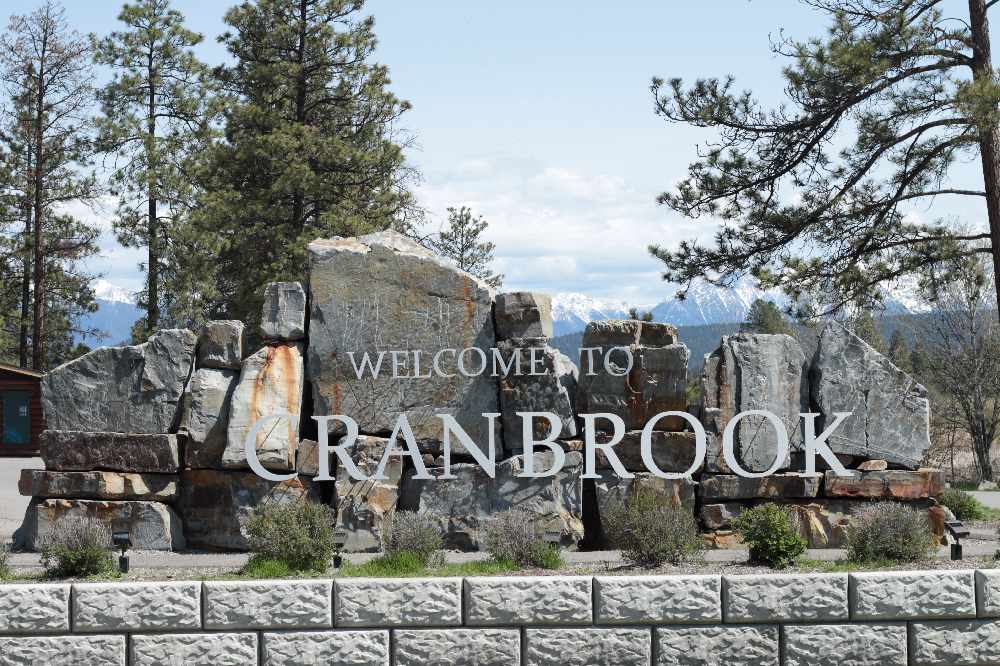Cranbrook’s poverty and housing crises has been flagged as a big issue in the latest BC Human Rights Commissioner report.
The report showcases the key challenges facing local residents, with Cranbrook highlighted as one of four communities in a series of community briefs, which are part of a larger multi-year project looking into human rights issues in British Columbia.
According to statistics measuring Canada’s poverty in 2020, approximately six per cent of Cranbrook residents were living below the poverty line.
“These are challenges that we do have in Cranbrook and it validates my concerns that we need to be working with the province to alleviate some of these concerns,” said Mayor Wayne Price.
“When you look at the most critical points, I think what she did spell out was that most of those are provincial government responsibilities that we’re tasked with here in Cranbrook.”
He said the city is doing what it can to add more housing and they’ve created a special task force to address the issue.
“What we did at the start of the year was we struck a housing task force to look at all the needs based on our housing report and find solutions,” he added.
“We’re about halfway through the task force’s responsibilities and hope to have a report come out in early fall with some solutions to create some action items to deal with these problems.”
There are also some developments currently going through council that will help ease the load, such as the proposed apartments along 30th Avenue North.
MORE: OCP amendment and rezoning for 30th Avenue North apartments passes third reading (Mar. 26, 2024)
Price said the developer for this project has come up with a well-thought-out plan.
“He’s looking at a very wholesome plan and he’s looking at the community’s needs,” he added.
“There will be market rentals in there and affordable housing. It will be a mix. He’s guaranteed senior housing and some daycare as well. When you look at our housing needs, that is certainly checking off a lot of our boxes.”
Cranbrook conducted a housing needs report in 2023. It found that the city will need over 1,400 new housing units by 2031.
The brief is meant to be a tool for communities and social groups to use as a tool to help advocate for more support from the province.
“To ensure our work is relevant and effective, we need to first look at the real impacts of human rights issues on the ground,” said commissioner Kasari Govender in a release.
“We are committed to listening and responding to communities, ensuring that people’s experiences with human rights issues are at the centre of our work. To do this, we travelled to four diverse communities to gain a better understanding of what’s happening across the province.”
Access to healthcare has also been raised in the commissioner’s report.
Certain medical services such as radiation treatments aren’t available in Cranbrook, with residents often having to travel to Kelowna or the lower mainland for help.
Many residents also don’t have access to a family doctor, but the primary care center launched in 2021 has helped fill the gap where it can.
“It’s a really big issue in our area, but it’s an issue right across the province and an issue right across Canada,” said Price.
“One thing we do have is a primary care centre and although it’s not the answer, at least people here can get to a doctor. There might be waiting and there might be a timeline, but for now, I guess that’s the only answer we have for people without doctors.”
The full report can be found below.
MORE: Human rights in Cranbrook (British Columbia’s Office of the Human Rights Commissioner)
Something going on in your part of the Kootenays you think people should know about? Send us a news tip by emailing [email protected].




